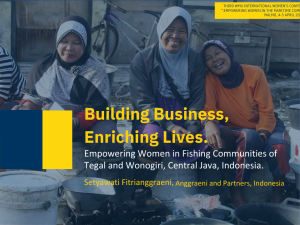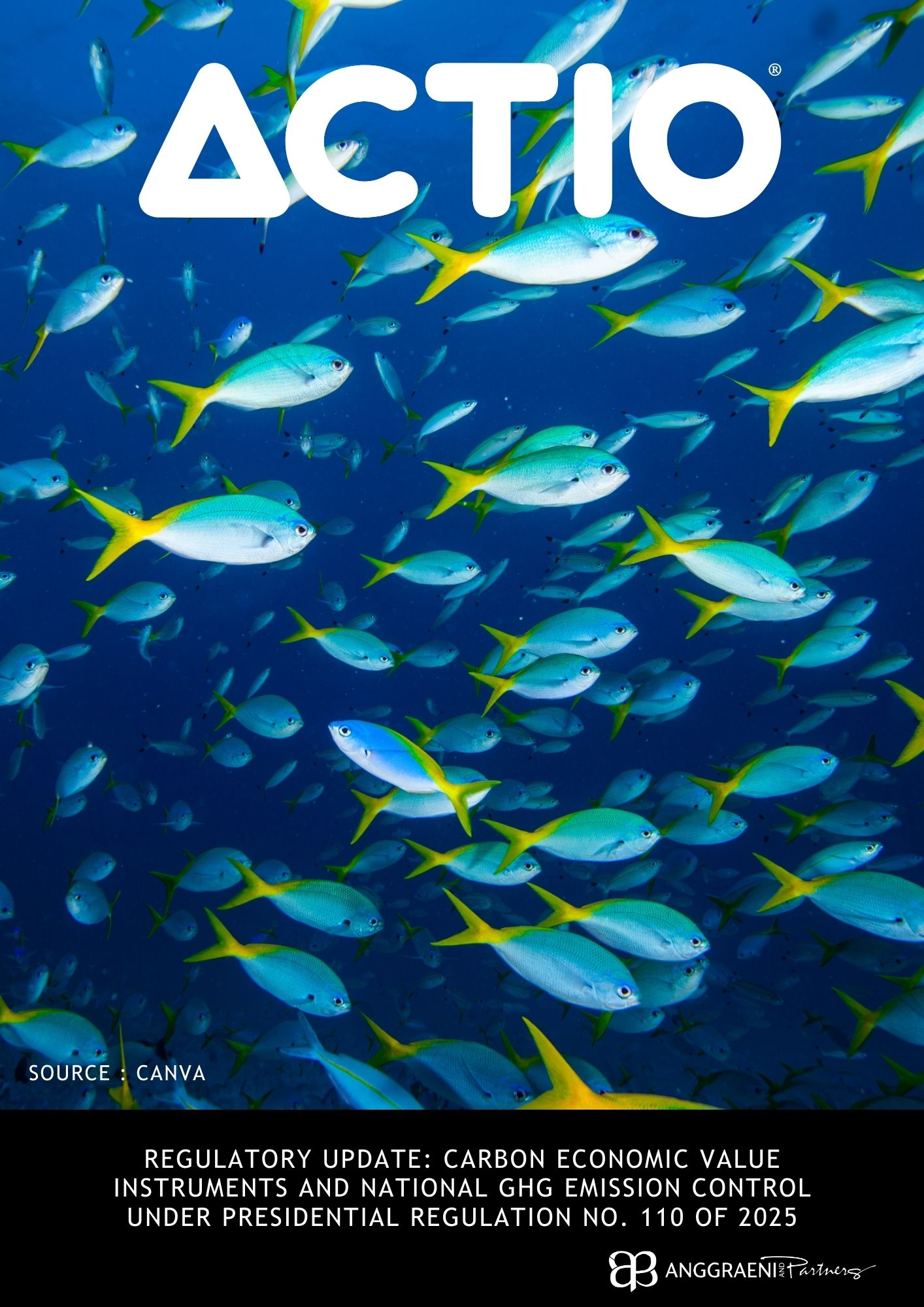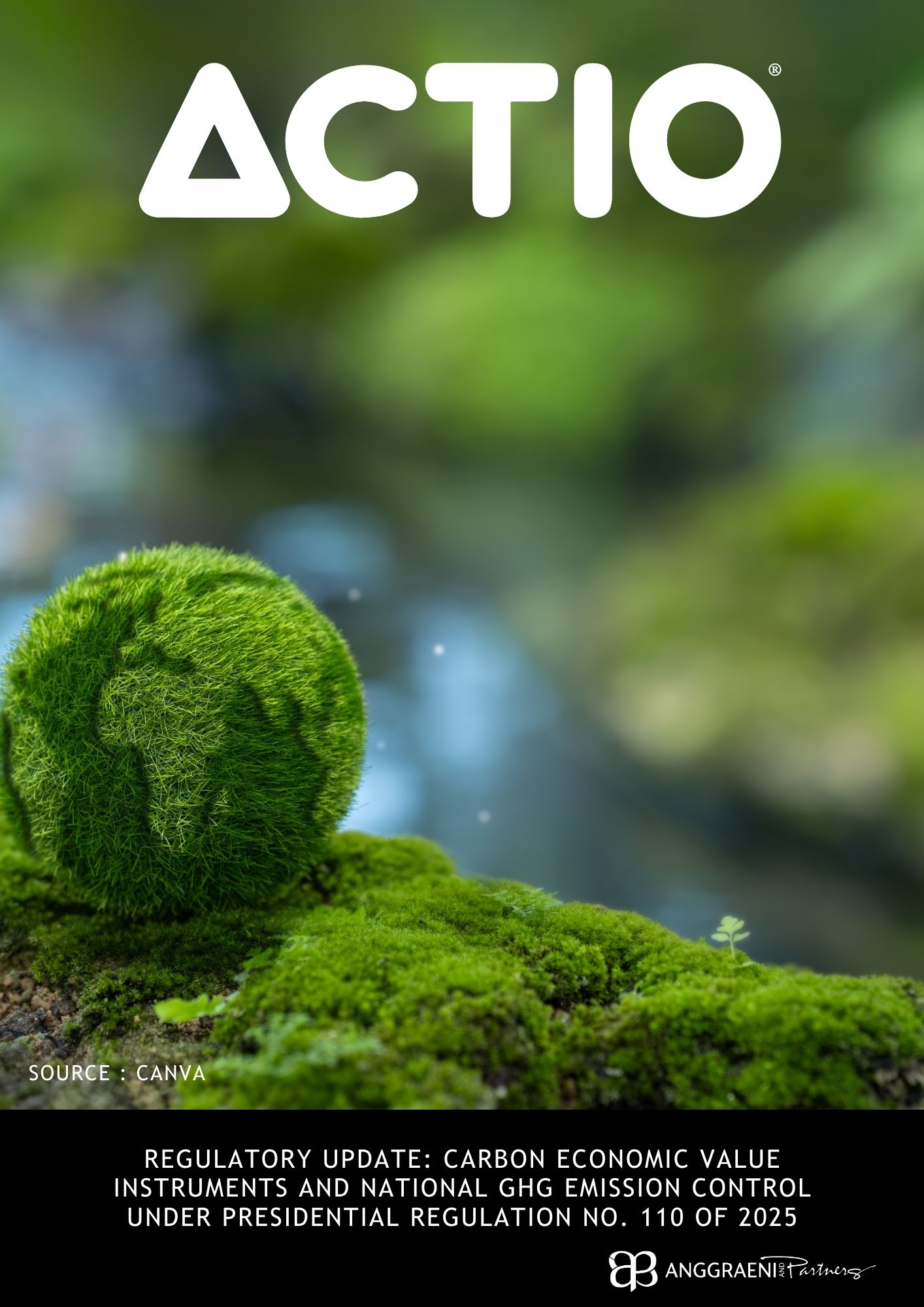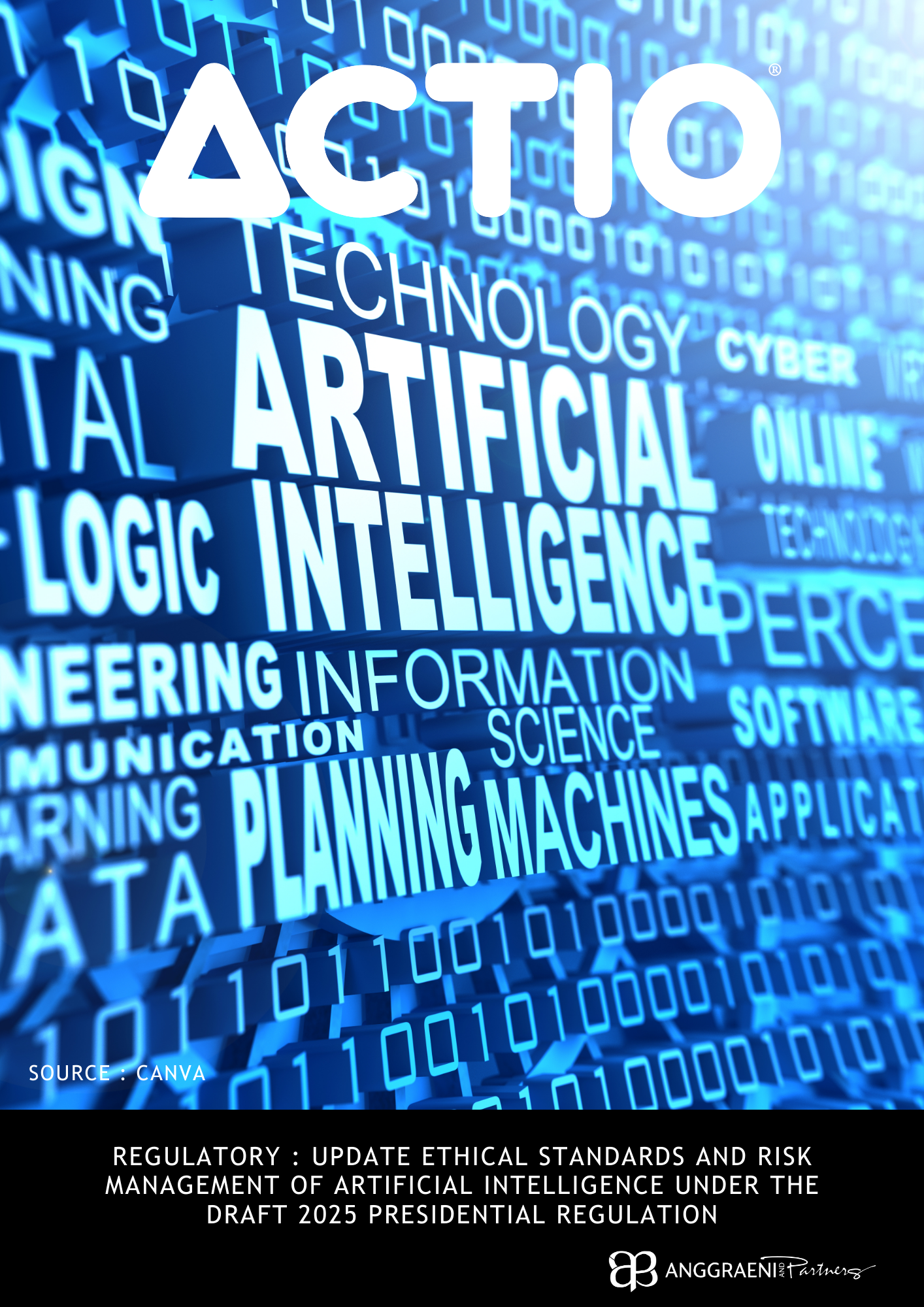- Home
- Capabilities
- ACTIO® Hub
- About Us
- Connect with Us
- AP Library

by Setyawati Fitrianggraeni
The fishing communities of Tegal and Wonogiri in Central Java, Indonesia, epitomize the intricate socio-economic fabric that characterizes rural coastal and inland regions of the country. While these communities significantly contribute to Indonesia’s fishing industry, women within these societies often grapple with profound gender disparities, encompassing economic marginalization and limited access to education. This article delves into the challenges faced by these women, underscores the urgency of empowering them through cooperatives, and explores the broader implications for community welfare and gender equality.
Indonesia stands as the world’s second-largest producer of fish, with the fishing industry playing a pivotal role in its economy.1 Central Java, boasting an extensive coastline and inland water bodies, is a critical hub for both marine and freshwater fisheries. Tegal, located on the northern coast, is renowned for its marine fisheries, whereas Wonogiri, situated inland, is known for its reservoir fishing activities.2
The industry not only provides livelihoods for a significant portion of the population but also contributes to food security and export revenues. However, despite its economic importance, the sector faces challenges such as overfishing, environmental degradation, and socio-economic disparities that disproportionately affect women.
In these fishing communities, traditional gender roles are deeply entrenched. Men are typically involved in fishing activities, while women engage in post-harvest processes like sorting, processing, and selling fish.3 Despite their crucial role in the value chain, women often receive lower incomes and have limited decision-making power within both the household and the community.4
Economic marginalization is exacerbated by limited access to financial resources, education, and training opportunities. Women often lack ownership of assets and are excluded from formal financial systems, making it challenging to invest in their businesses or improve their livelihoods.5 Educational disparities further limit their ability to seek alternative employment or advocate for their rights.
Addressing gender disparities is not only a matter of social justice but also a catalyst for economic development. Empowering women can lead to improved household incomes, better nutrition, and enhanced educational outcomes for children.6 It can also foster community resilience by diversifying income sources and promoting sustainable fishing practices.
This study is crucial for shedding light on the systemic inequalities faced by women in Tegal and Wonogiri’s fishing communities. By understanding the specific challenges and barriers, stakeholders—including government agencies, NGOs, and the private sector—can develop targeted interventions to empower women. Moreover, promoting gender equality aligns with Indonesia’s commitments under international frameworks like the Sustainable Development Goals (SDGs), particularly SDG 5 on gender equality and SDG 14 on life below water.7
Indonesia has made strides in promoting gender equality through legislation and policy initiatives. The Constitution of the Republic of Indonesia guarantees equality before the law for all citizens.8 Additionally, Law No. 7 of 1984 ratified the Convention on the Elimination of All Forms of Discrimination Against Women (CEDAW), committing Indonesia to uphold women’s rights across various sectors.9
The plight of women in Indonesian fishing communities is a microcosm of broader gender disparities prevalent in rural economies. Addressing these challenges through empowerment initiatives like cooperatives is not only urgent but essential for sustainable development. Stakeholders must collaborate to dismantle barriers, implement supportive policies, and foster environments where women can thrive economically and socially.
This article is based on insights and information extracted from a presentation delivered at the “Third WMU International Women’s Conference on Empowering Women in the Maritime Community,” which took place on April 4-5, 2019, in Malmö, Sweden. The event was organized by the World Maritime University (WMU) and aimed to foster discussions and actions toward empowering women within the maritime sector.
For further details and to explore more resources related to this topic, please visit the official conference page: WMU Maritime Women’s Conference 2019.
This disclaimer applies to the publication of articles by Anggraeni and Partners. By accessing or reading any articles published by Anggraeni and Partners, you acknowledge and agree to the terms of this disclaimer:
During the preparation of this work, the author(s) may use AI-assisted technologies for readability. After using this tool/service, the author(s) reviewed and edited the content as needed for the purposes of the publication.
No Legal Advice: The articles published by Anggraeni and Partners are for informational purposes only and do not constitute legal advice. The information provided in the articles is not intended to create an attorney-client relationship between Anggraeni and Partners and the reader. The articles should not be relied upon as a substitute for seeking professional legal advice. For specific legal advice tailored to your individual circumstances, please consult a qualified attorney.
Accuracy and Completeness: Anggraeni and Partners strive to ensure the accuracy and completeness of the information presented in the articles. However, we do not warrant or guarantee the accuracy, currency, or completeness of the information. Laws and legal interpretations may vary, and the information in the articles may not be applicable to your jurisdiction or specific situation. Therefore, Anggraeni and Partners disclaim any liability for any errors or omissions in the articles.
No Endorsement: Any references or mentions of third-party organizations, products, services, or websites in the articles are for informational purposes only and do not constitute an endorsement or recommendation by Anggraeni and Partners. We do not assume responsibility for the accuracy, quality, or reliability of any third-party information or services mentioned in the articles.
No Liability: Anggraeni and Partners, its partners, attorneys, employees, or affiliates shall not be liable for any direct, indirect, incidental, consequential, or special damages arising out of or in connection with the use of the articles or reliance on any information contained therein. This includes but is not limited to, loss of data, loss of profits, or damages resulting from the use or inability to use the articles.
No Attorney-Client Relationship: Reading or accessing the articles does not establish an attorney-client relationship between Anggraeni and Partners and the reader. The information provided in the articles is general in nature and may not be applicable to your specific legal situation. Any communication with Anggraeni and Partners through the articles or any contact form on the website does not create an attorney-client relationship or establish confidentiality.
By accessing or reading the articles, you acknowledge that you have read, understood, and agreed to this disclaimer. If you do not agree with any part of this disclaimer, please refrain from accessing or reading the articles published by Anggraeni and Partners.
P: 6221. 7278 7678, 72795001
H: +62 811 8800 427
Anggraeni and Partners, an Indonesian law practice with a worldwide vision, provides comprehensive legal solutions using forward-thinking strategies. We help clients manage legal risk and resolve disputes on admiralty and maritime law, complicated energy and commercial issues, arbitration and litigation, tortious claims handling, and cyber tech law.
S.F. Anggraeni
Managing Partner


